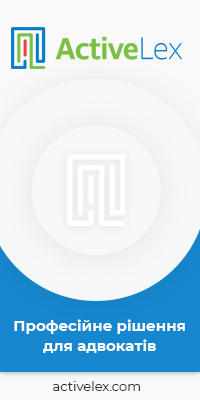  | Glossary |
Formal learning
Learning that occurs in an organized and structured environment (e.g. in an education or training institution or on the job) and is explicitly designated as learning (in terms of objectives, time or resources). Formal learning is intentional from the learner’s point of view. It typically leads to validation and certification.
Informal learning
Learning resulting from daily activities related to work, family or leisure. It is not organised or structured in terms of objectives, time or learning support. Informal learning is mostly unintentional from the learner’s perspective.
Key competences
The sum of skills (basic skills and new basic skills) needed to develop in contemporary knowledge society. The European Commission sets out the eight key competences:
- communication in the mother tongue;
- communication in foreign languages;
- competences in maths, science and technology;
- digital competence;
- learning to learn;
- interpersonal, intercultural and social competences, and civic competence;
- entrepreneurship;
- cultural expression.
Learning
A process by which an individual assimilates information, ideas and values and thus acquires knowledge, know‑how, skills and/or competences.
Learning outcomes
The set of knowledge, skills and/or competences an individual has acquired and/or is able to demonstrate after completion of a learning process.
Lifelong learning
All learning activity undertaken throughout life, and which results in improving knowledge, know‑how, skills competences and/or qualifications for personal, social and/or professional reasons.
Life-wide learning
Learning, either formal, non-formal or informal, that takes place across the full range of life activities (personal, social or professional) and at any stage.
Source: www.cedefop.europa.eu/EN/publications/5059.aspx | 





